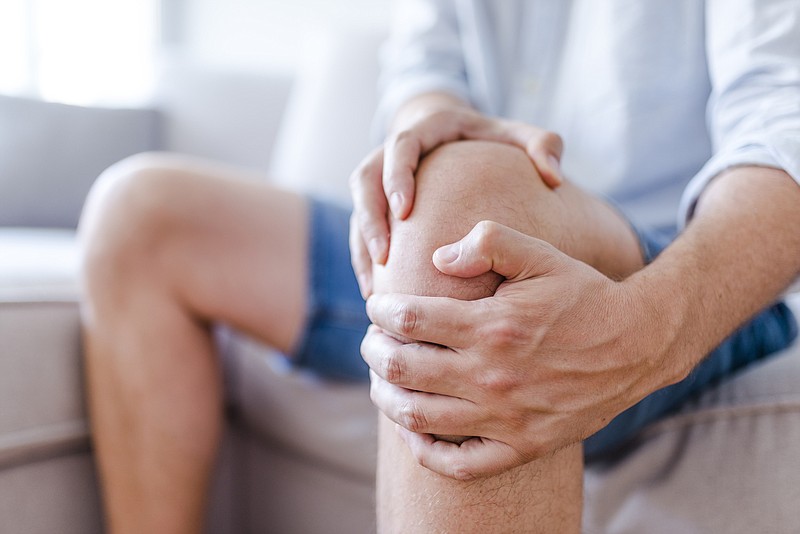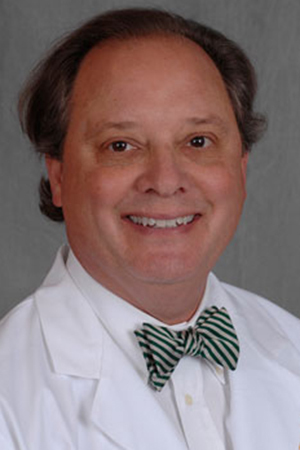Q: What is osteoarthritis, and how do you treat it?
A: Osteoarthritis occurs when the cartilage (the protective tissue at the ends of the bone) wears down. It is sometimes referred to as "wear and tear" arthritis and can cause pain in the hands, neck, lower back, hips and knees. This joint pain is due to inflammation of the tissues surrounding the worn-down cartilage.
In addition to joint pain, early symptoms of osteoarthritis can be joint tenderness, joint stiffness, loss of flexibility and odd sensations like joint clicking or grating. Treating these early symptoms is best accomplished through lifestyle changes such as low-impact exercises - walking, swimming, yoga, cycling - and maintaining a healthy weight to reduce stress on the affected joints. Over-the-counter nonsteroidal anti-inflammatory drugs such as ibuprofen (Advil) and naproxen (Aleve) can be helpful, but caution needs to be taken to avoid stomach upset or other more serious side effects.
When osteoarthritis continues to cause pain and interferes with daily living, there are several safe, nonsurgical options that can be explored. These include:
> Physical therapy. The therapist can help you understand osteoarthritis and provide treatments to lessen the pain while improving movement.
> Steroid injections. These injections are given into the affected joint and can be effective in easing the pain quickly by decreasing the inflammation in the joint.
> Viscosupplementation. This injection introduces a thick fluid into the osteoarthritic joint. It may help reduce pain by acting as a lubricant and shock absorber in the joint.
> Stem-cell therapy. The injection of stem cells aims to regenerate worn-down cartilage in the joint. This will decrease the inflammation and reduce pain.
> PRP injections. Platelet-rich plasma injections use the patient's blood plasma - the liquid in blood that carries cells through the body - to help heal injuries. This treatment is typically used to accelerate healing for muscle, ligament, tendon and joint injuries.
Dr. Bill Moore Smith is a member of the Chattanooga-Hamilton County Medical Society and a dual board-certified family practice physician with an added qualification in sports medicine. He co-founded RiverRun Health, where he practices sports medicine.

